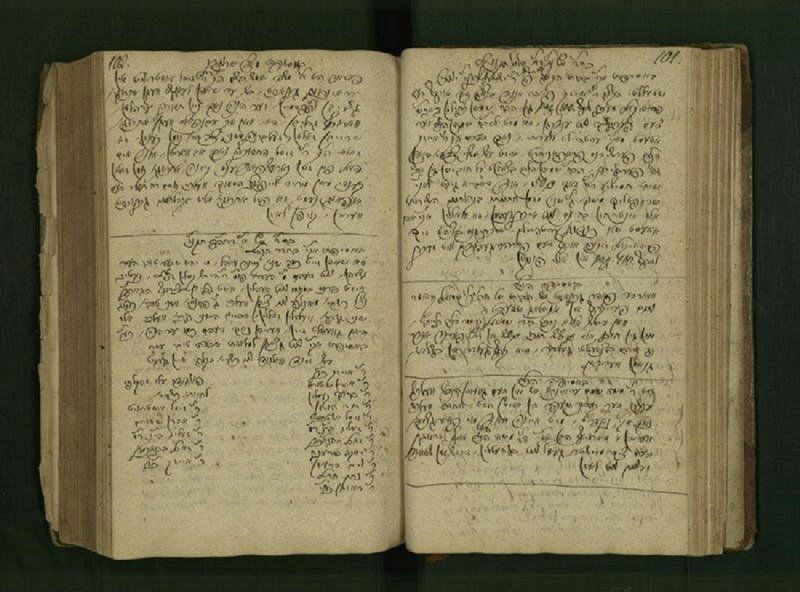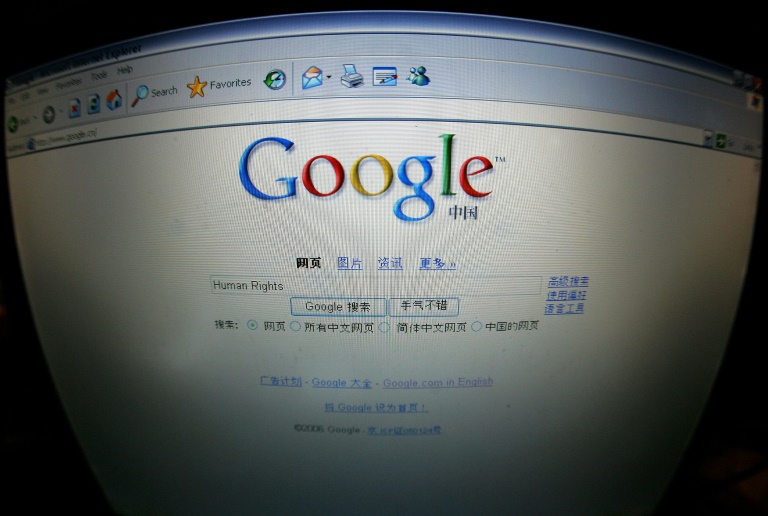“Muslim” and “Moslem” are nothing more than “two different spellings of the same word,” according to the US-based Center for Nonproliferation Studies. This statement was made neither by Arabs nor linguists, but by a pair of US military specialists. Nonetheless, it has multiplied itself across hundreds of internet articles.
The two different spellings, the CNS specialists wrote, “have no political significance.”
Ostensibly, it’s true: Both words point toward the same community of believers. And while there’s an argument to be made that “Muslim” helps evoke a more accurate pronunciation, both “Muslim” and “Moslem” can be spoken in widely variant ways — from Moozlem to Mahslim — depending on the speaker’s English-language dialect and accent.
But this hardly makes them “the same word.” Words are the sum total of their associations, and the older term, Moslem, has been burdened with dozens upon dozens of ugly connotations. Changing the transliteration to “Muslim” was not necessarily more accurate. But it was a way of shaking off some of the old meanings. It offered a chance to start afresh.
Usually, it is scholars who argue over transcription: Arabists differ in their methods of transmuting Arabic words into Latin letters. Should the word for liberation be rendered as taHrir or taḥrir, with a small dot beneath the h? But Arab bloggers and texters have recently knocked scholars out of the driver’s seat by inventing their own linguistic conventions. Tahrir becomes Ta7rir and the Qur’an becomes Qur2an.
Recently, these new spellings have begun to find their way into serious literature.
The word Qur’an has had a particularly storied journey. When it first appeared in print in English, it was considered an “enemy” word from an enemy culture. The Middle English word “Alcoran” first appeared in the 14th century, most likely borrowed from the Latin or the French. Indeed, Alexander Ross’s first English-language translation of the holy book in 1649 came via Sieur du Ryer’s 1647 publication, “L'Alcoran de Mahomet.”
The phrase “the Alcoran” persisted for several hundred years, although scholars began correcting it to “Koran” in the early 1600s. In 1876, new scholarship produced the word Quran, and soon after Qur’an. Egyptian novelist Ahdaf Soueif, in her 2012 memoir “Cairo: My City, Our Revolution,” was one of the first serious authors to refer to verses from the holy book as Qur2anic.
Soueif wrote, in the introduction to her book, “What I’ve chosen here is to adopt a new system which was, I believe, initiated by Arab bloggers.” She doesn’t explain why she chooses this more youthful form, but states, “It’s very simple.”
But this is no simple choice. Each word — Koran, Quran, Qur2an — carries a different visual message and a different set of associations. Each of the words, even the absurd “Alcoran,” is apparently referring to the same holy text. But each is bound up with different meanings. A search on Google Images turns up different sets of photos for each: Koran throws up many images of protests and bearded, chanting Arab men. Searches for Quran and Qur’an produce mostly images of the holy text, while Qur2an also turns up images from Islamic TV programs and websites.
Not everyone was pleased with Soueif’s decision. UAE-based translator Amina Hachemi wrote that when she read that Soueif had used the spelling “Qur2an,” “my first reaction was to recoil in distaste. I think it comes from associating the use of numbers in transliteration with internet speak and, not giving the word Qur’an the appropriate level of respect.”
US-based scholar Margaret Litvin asked, “So is Ahdaf Soueif trying to domesticate spelling-with-numbers and convey its hipness to her anglophone readers? Or to alienate those who are easily alienated by all things that look foreign? Might she do both?”
This isn’t just the story of Qur’an: A number of other words that have become heavily burdened in English have been freshened over time. What was initially “sheik” was associated largely with images of fat, rich men in thawbs. This word has lately changed to sheikh or shaykh. It might be useful for other overburdened words to become new again: Jihad could become jehad, for instance, and the hyper-sexualized harem could become harim, or, who knows, even 7arim.




